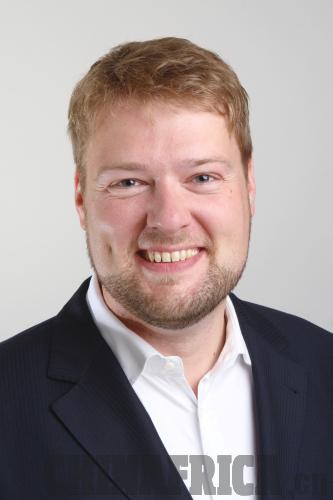|

Dr. Sven Grimm
Director of Center for Chinese Studies, Stellenbosch University
The CCS has had a number of agreements with Chinese think tanks for a number of years now. Our focus is on China-Africa relations. Our crucial partners are thus in China, as they are (a) closest to decision-making in China and (b) it is for us to understand their realities and for them to understand ours. We can exchange with Western colleagues on content and on methodology, and thereby sharpen our analysis, yet at the end of the day, it will have to be interactions [between] Africa and China [that] carry the relationship forward. Linguistic challenges persist (specifically for work in non-Anglophone countries). This can only be changed through collaborative work – which will require funding.
Scholars are one very crucial element in the partnership, as their role is to analyze and explain trends in the relationship. They communicate with the public (for example, via news reports) and they communicate with policymakers, informing choices that politicians make. This is an important role, as good policy depends on good information on which options are based. The key thing that we have to keep in mind and do in our exchanges is proper joint work. It is only through joint work on the ground in an African country and/or in China that we develop a proper understanding of each other's thinking and world views.
The benefits of exchange will be mostly intermediary; academics analyze and explain – the actors are usually in politics or business. Yet, the latter need to get closer to China or Africa respectively, so our forward-looking analysis is going to be essential for future policy making. We should discuss where future areas of interactions are or should be, for example, in environmental cooperation or how to improve the development cooperation so that it meets the interests and needs of African people.
I would like to see who is working on China-Africa relations in China and how they do it and where their major interests are. With a few colleagues, we should be able to identify joint interests that will enable us to conduct joint work in very specific areas and on very specific cases. We need to be open and curious about the results of our analysis – even if they might not always be flattering to us. Most learning happens from past mistakes, so an honest analysis is crucial in order to build a better future together.
|